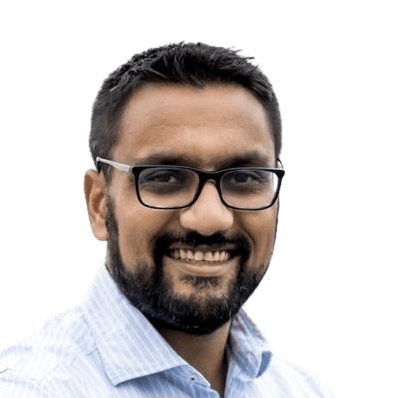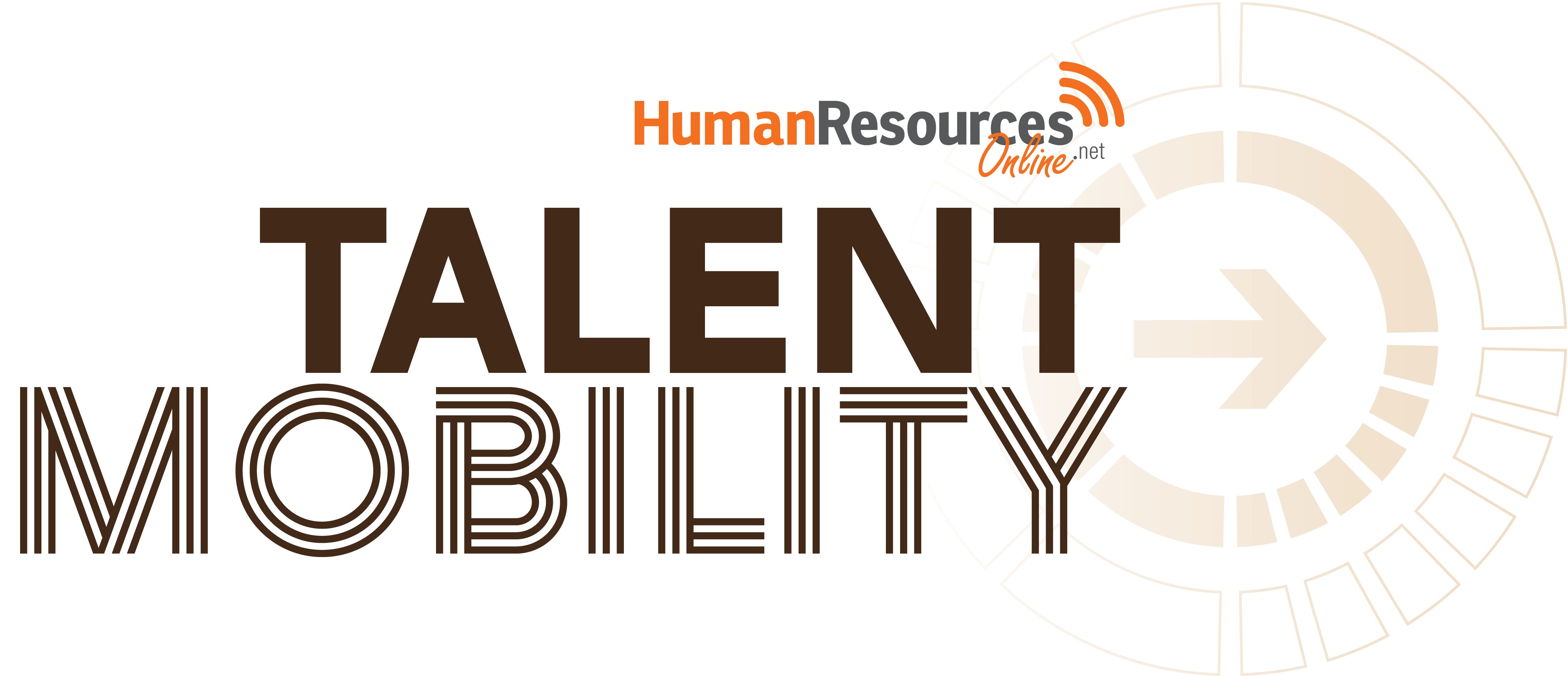Agenda
8.15am
Registration
9.00am
Welcome address

Aditi Sharma Kalra
Editor-in-Chief
9.15am
[Opening keynote]
From aspirations to reality: The future of talent mobility to align with talent management
This context-setting session looks to open up conversations, thinking, and mindsets on the strategic role of talent mobility in an organisation’s workforce planning. In this session, we will discuss:
- The urgent imperative to link up talent mobility with broader talent management to increase speed-to-market for the workforce.
- Steps to be undertaken to ensure reporting on mobility and talent captures a holistic view of employee performance, demographics, diversity, succession, and more.
- Who takes the responsibility? Best practices for closing the gap on employee engagement processes between home country and host country.
- Discover global mobility trends impacting your workforce planning – such as hybrid working, immigration tightening, inclusivity measures, and more.


June Mahadevan
Vice President, Global Mobility – APAC
[Fireside chat]
Building talent capabilities in Asia: A more thoughtful and holistic approach to talent mobility
The ability and willingness of talented workers to live and work in various markets signals a shift in priorities for talent mobility teams across regions, giving them access to a broader and more diverse pool of talent.
At the same time, with the impetus to ‘go local’, companies are being pushed to seriously devote resources to developing local successors, instead of buying ready-made talent.
In this fireside chat, join us to hear about:
- Moving beyond just importing talent to fill roles: Mobility needs to have a seat as part of the HR strategy from the outset.
- Overcoming challenges such as a mobility programme revamp being perceived as a cost-reduction exercise.
- Trends shaping the landscape, such as the demands of inclusivity, and the rise of the core/flex mobility package.
Moderator:


Nancy Zhang
Manager, Global Talent Mobility


Harshid Patel
Executive Director, Goldman Sachs
Morning break
[Panel discussion]
Talent management for the remote assignee: Managing succession, careers and repatriation
It is becoming an increasingly important business agenda for HR to establish a career development and succession plan for mobile assignees as well as potential leaders. As such, it is critical to have a joined-up approach whereby managing the aspirations of mobile talent doesn’t only ensure a richer succession pipeline, but also fulfils business requirements in the wake of a talent shortage.
This session discusses how you can:
- Develop a succession planning and career development framework that ensures visibility on expats’ performance in both home and host locations.
- Enable retention after repatriation by soliciting the assignees’ feedback to address any specific issues and career aspirations to leverage on their global competencies.
- Create a local pool of talent by ensuring knowledge transfer and business continuity during and after international assignments.
Moderator:


Arabelle Chaw
Director Global Account Management
Panellists:


Adele Png
Head of Talent and Culture, Asia Pacific Middle East, Africa & Turkey
KONE


Janelle Gavin
Regional Human Resources Manager – Asia Pacific New Zealand and Australia (APNA)
[Interactive discussion #1 of 3]
You’ll be engaged in three roundtable discussions throughout the day, each topic led by a zone host. Topics include the rise of virtual assignments, asynchronous work models, and support network for expats. Click here to find out more about each topic, and to meet the zone host.
12.25pm
Networking lunch
1.25pm
Get Mobile networking session
[Lightning Talks]
Legalities and logistics: The evolving immigration frameworks in ASEAN
In this fast-paced session, we have two esteemed speakers taking the stage to analyse the most intriguing topic facing mobility leaders today – the business of borders, and how companies are mitigating risks to workforce planning.
- With the introduction of the COMPASS framework in Singapore come several updates to work pass legislation, such as qualifying salaries, and the definition of ‘digital nomads’.
- Do these developments impact workforce planning for employers, or can they help better determine the business objective of each assignment?


Donna Mufida
Senior Advisor, Global Mobility


Sharifah Suraiya Chishty
Regional Lead International Mobility – Asia
[Interactive discussion #2 of 3]
You’ll be engaged in three roundtable discussions throughout the day, each topic led by a zone host. Topics include the rise of virtual assignments, asynchronous work models, and support network for expats. Click here to find out more about each topic, and to meet the zone host.
Afternoon break
[Interactive discussion #3 of 3]
You’ll be engaged in three roundtable discussions throughout the day, each topic led by a zone host. Topics include the rise of virtual assignments, asynchronous work models, and support network for expats. Click here to find out more about each topic, and to meet the zone host.
[Closing panel discussion]
Championing future-proof mobility initiatives with a mindset that blends cost management with career development
Establishing a strong cost management structure to exceed ROI while having an effective mobility programme is necessary for businesses. In this session, the speakers will discuss:
- How to identify the most cost-effective yet high-impact mobility strategies that work.
- Criteria for consideration to determine remuneration for mobile employees, such as external benchmarking, cost of living, skills portfolio, and more.
- Opportunities to look beyond one-size-fits-all to offer greater flexibility to employees in choosing what works best for them – and the impact of this personalisation on employee experience.
- The change in mindset required to move to a more flexible mobility strategy.
Moderator:


Ivan Tan
Senior Director, Global Talent and Leadership Development
Panellists:


Patrick Barneoud
Regional Head of Benefits and International Mobility, Asia Pacific


Ella Sherman
Head of Human Resources, APAC


Isha Majithia Bhatia
Global Lead Career Experience
4.55pm
Closing address



Aditi Sharma Kalra
Editor-in-Chief
End of Talent Mobility 2024
[Interactive discussion topic 1]
Leading through change: Designing strategic talent mobility for a multi-generational workforce
In today’s volatile landscape, organisations face unprecedented disruptions, from macroeconomic shifts to talent shortages. To navigate these complexities and build sustainable success, we need resilient leaders. Successful strategic mobility programmes can be a powerful tool to cultivate this outcome.
In this interactive session, we will discuss:
- How can talent mobility develop the new generation of leadership to be more resilient and adaptable?
- How can we tailor mobility programmes to address changing demographics, evolving employee expectations, and rising needs for flexibility?
- How to design comprehensive support for a multi-generational mobile workforce and their families?
Zone Hosts:


Dean Bennetts
Regional Sales Director


Sharmila Nair Ragoovaran
Director, Global Account Management


Brad Maxwell
Partner


Duncan McGilligan
Director and Business Development Lead, APAC
[Interactive discussion topic 2]
Setting up for success: Holistic support for employees on assignment
Moving to a new country can be an exciting, yet overwhelming experience. While employers make concerted efforts to get assignees and their families settled in at their new location, the support that is needed can vary from logistical to emotional to cultural and there is no one-size-fits-all approach.
In this interactive conversation, we will discuss:
- What type of support can we put in place for our employees on assignment, for single employees, as well as for those with family?
- Address the importance of setting up a support system that can ease the employee’s burden in the move process.
- Explore the different channels, such as housing, schooling, partner support, and cultural immersion, that the company can make available to employees and their families when moving abroad.
Zone Hosts:


Aloysius Wong
Head of Global Mobility Services, APAC Hub


Daria Olennikova Chang
Global Mobility Manager
[Interactive discussion topic 3]
Of trust and time zones: Fostering an asynchronous work model for remote workers
Adapting an asynchronous work model, i.e. one which doesn’t require employees to be logged in at the same time, is a delicate road to traverse – while it offers benefits of the ‘follow the sun’ approach, it puts in place concerns around project management, engagement, and wellbeing.
Let’s take up this interactive conversation to discuss:
- How to foster appropriate communication and project management tools to bridge the gap for the global asynchronous workforce.
- Addressing the challenges of maintaining work-life boundaries and employee wellbeing in a remote work setting which allows employees determine their own hours.
- Demands placed on leadership and managers in engaging staff across countries and time zones, and building inter-department relationships.
Zone Hosts:


Monica Divik Agarwal
Head of HR


Carolynn Ang
Head of People, APAC
